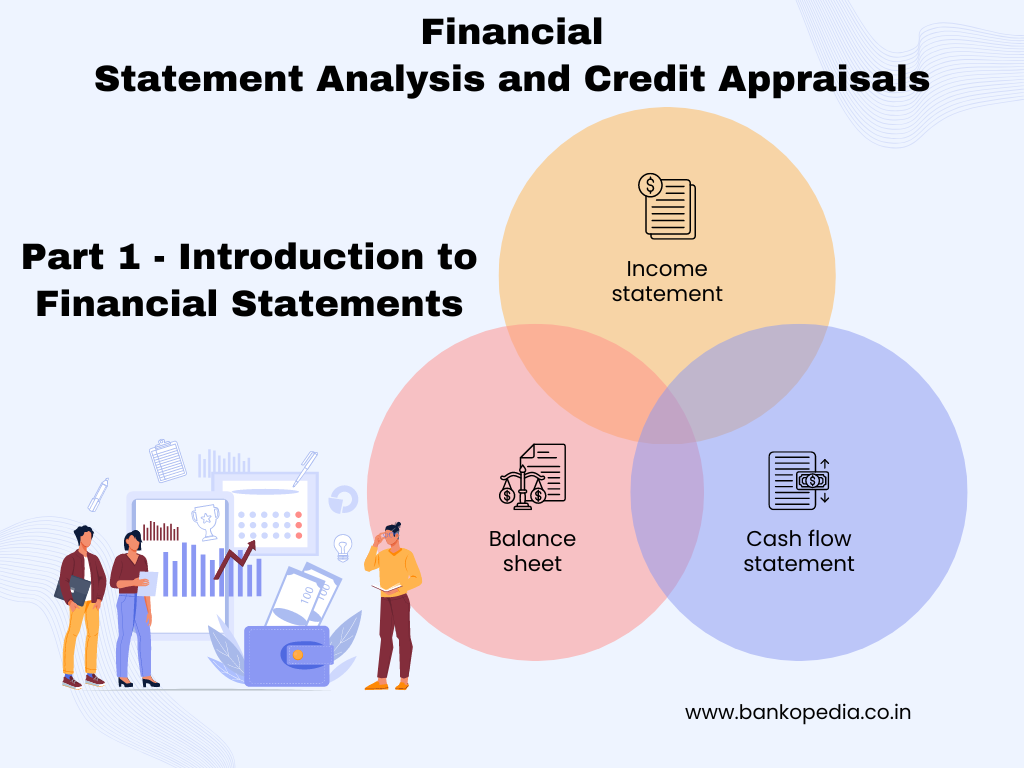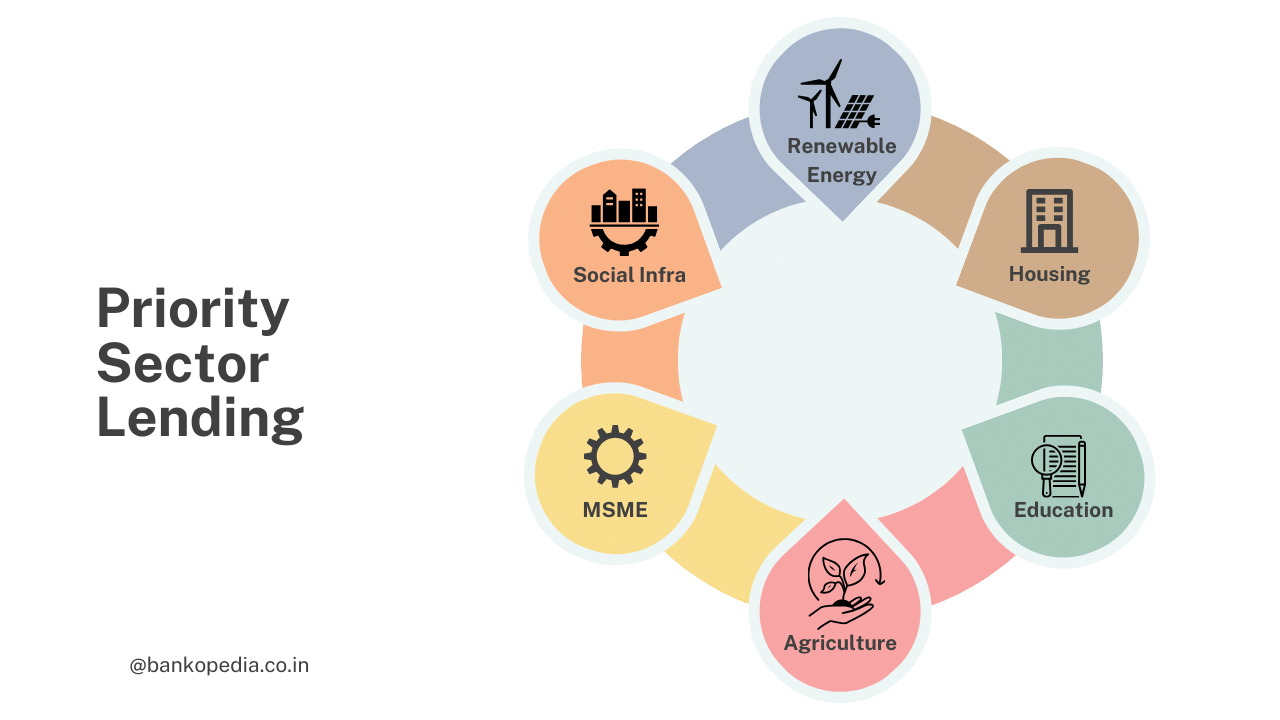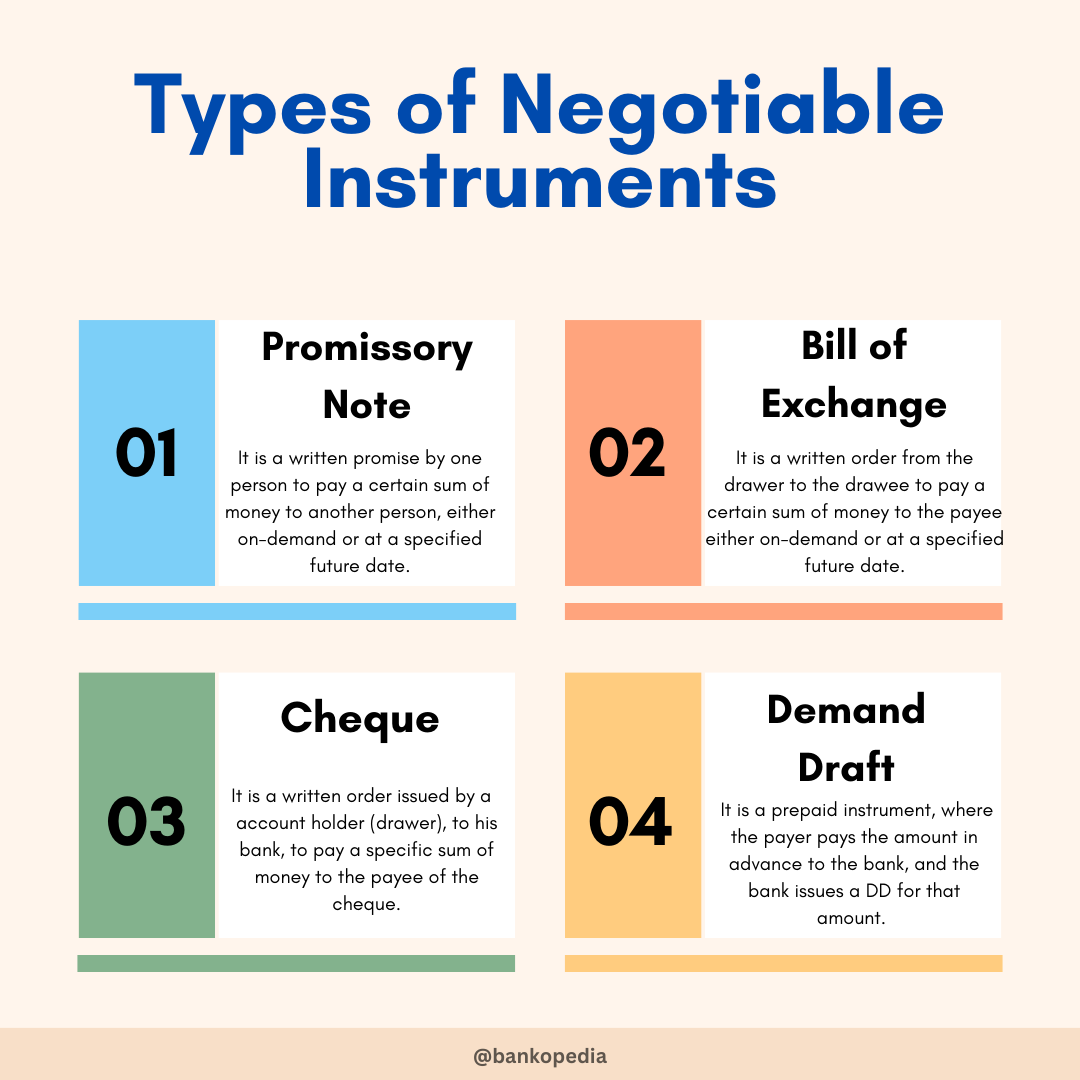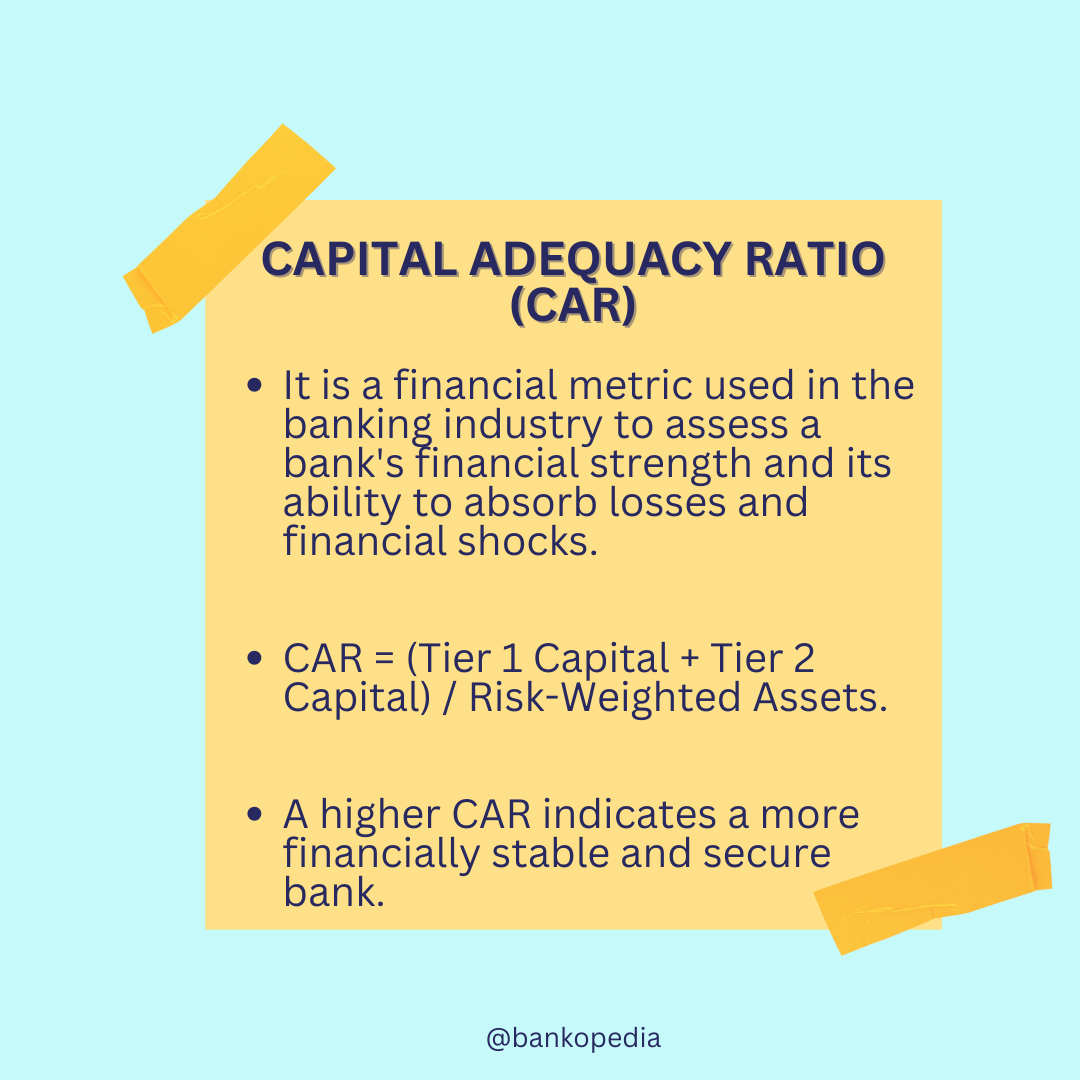NABARD to Launch Green Bonds by End of FY24
The National Bank for Agricultural and Rural Development (NABARD) has announced plans to introduce its inaugural green bonds to the market by the conclusion of FY24. These green bonds are projected to have a valuation of approximately ₹5,000 crore. This move aligns with NABARD’s ambitious objective of achieving total debt sales amounting to ₹55,000 crore within the fiscal year.
Enhanced Focus on Green Bonds and Sustainable Financing
Senior representatives from the financial institution have indicated that these bonds will predominantly feature a maturity duration of five years. They also revealed an anticipated bond sale pipeline worth nearly ₹30,000 crore set for the latter part of the ongoing fiscal year.
In the forthcoming period, NABARD’s strategy will emphasize a more profound commitment to green bonds. These financial instruments are tailored to allocate funds towards projects with a sustainable and eco-friendly focus, such as renewable energy initiatives.
During the recent listing ceremony of NABARD’s first-ever social bond issuance at the BSE, Chairman Shaji KV emphasized the importance of these bonds. He stated, “I will reach out to the market and have been in discussions with government authorities. We must provide incentives for participants to invest in these bonds as they are currently in high demand. Potential benefits for investors could come in the form of tax incentives.”
Furthermore, NABARD successfully executed its first sale of social bonds in the country this past Tuesday. This effort saw the raising of a significant ₹1,040.5 crore through five-year bonds with a 7.63% coupon rate. Notably, the issuance of this social bond received backing from reputed firms like ICICI Securities Primary Dealership, AK Capital Services, and Trust Investment Advisors.
Commenting on the future, Shaji expressed, “We are contemplating enhancing our investor base specifically for green bonds. Recognizing the interest of certain investors in instruments of this nature, we’re evaluating if the Indian market possesses the maturity to accommodate such stakeholders effectively.”











